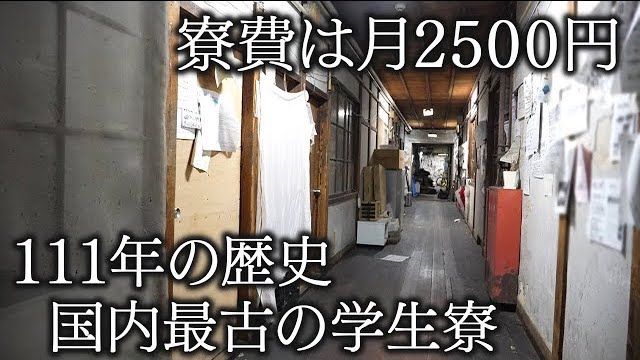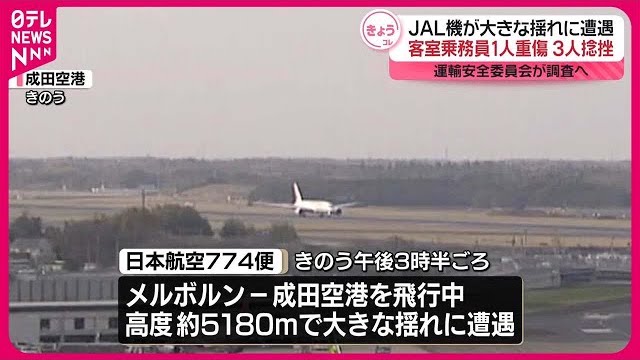Starting Tuesday, Japan is set to lift its entry restrictions on foreign residents, allowing those who left before the strict coronavirus curbs were imposed to return, and those planning to leave temporarily to proceed without fear of being locked out.
But the announcement last Friday sparked concerns that even legal residents may face deportation due to unclear and strict requirements that differ from those applied to residents with Japanese passports.
The revision came amid intensifying claims of unequal treatment from the international community and business groups, who say the restrictions have left hundreds of thousands of people unable to resume their livelihoods or travel to work or study.
Following the most recent update on Sunday, Japan’s entry restrictions now cover 159 countries and regions. Until August, foreign nationals could only return if they had permission from immigration authorities and were leaving under special circumstances, such as pressing family issues or a health emergency.
Starting Tuesday, everyone with valid resident statuses regardless of visa type will be allowed to re-enter Japan. Officials from the Foreign Ministry and the Justice Ministry who announced the changes Friday also said residents will no longer need special circumstances to do so either.
Even so, entry procedures will differ for those abroad who are seeking re-entry and residents in Japan who are planning to leave.
Non-Japanese who left Japan by the end of August will need to contact the nearest Japanese Embassy or diplomatic office to acquire a letter confirming they have valid visas and are allowed to return. Those who left as early as April 3 or after travel restrictions were imposed on their destinations, and were denied the right to return as their circumstances did not qualify for exceptional treatment, will also be able to obtain such certificates.
People who are planning to leave Japan after Sept.1 are required to give the Immigration Services Agency detailed plans on their itinerary and will be allowed to travel as soon as they receive a document confirming the request has been accepted. They will not need to apply for additional documents from an embassy or consular office.
The ISA has warned, however, that they may suspend document issuance for applicants seeking re-entry if testing capacity at airports is insufficient to handle all foreign travelers. Japan was planning to boost its testing capacity to 10,000 per day at the major international airports ー Haneda, Narita and Kansai.










